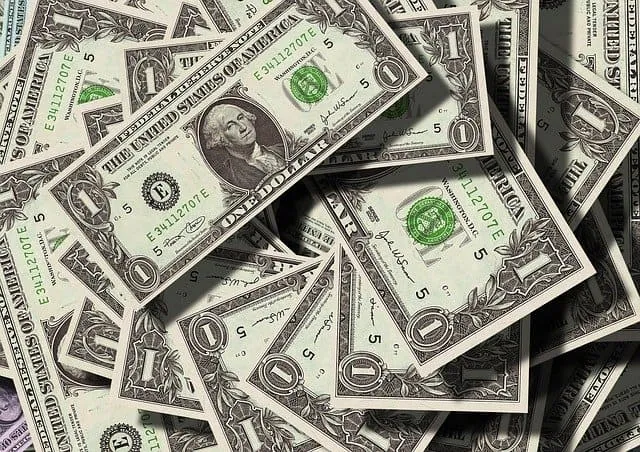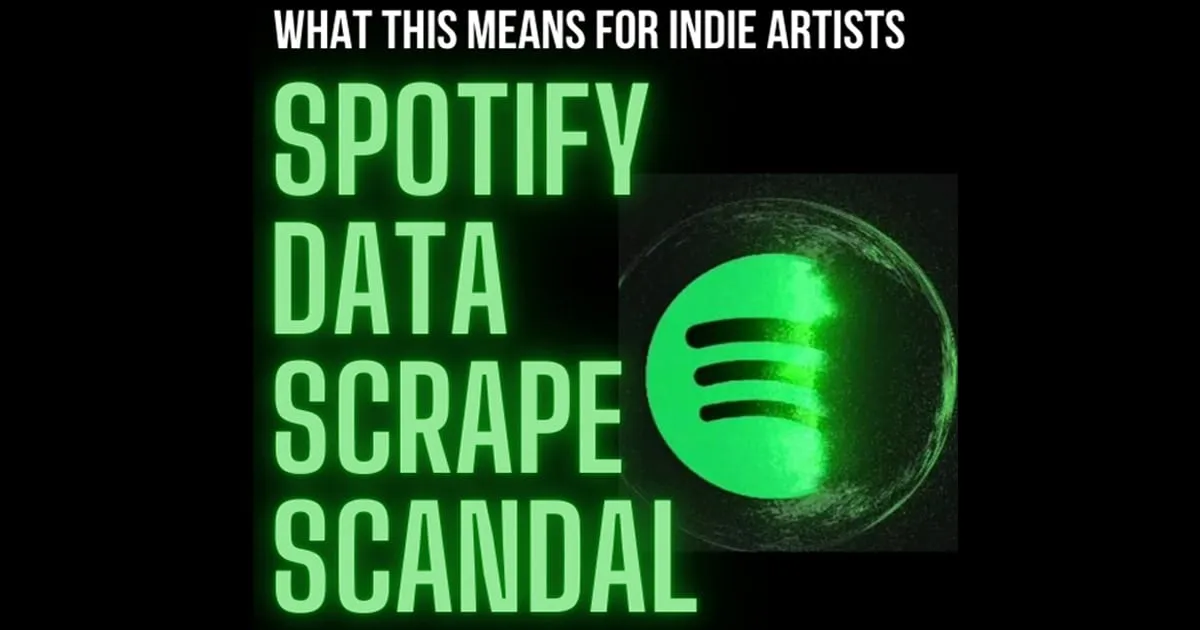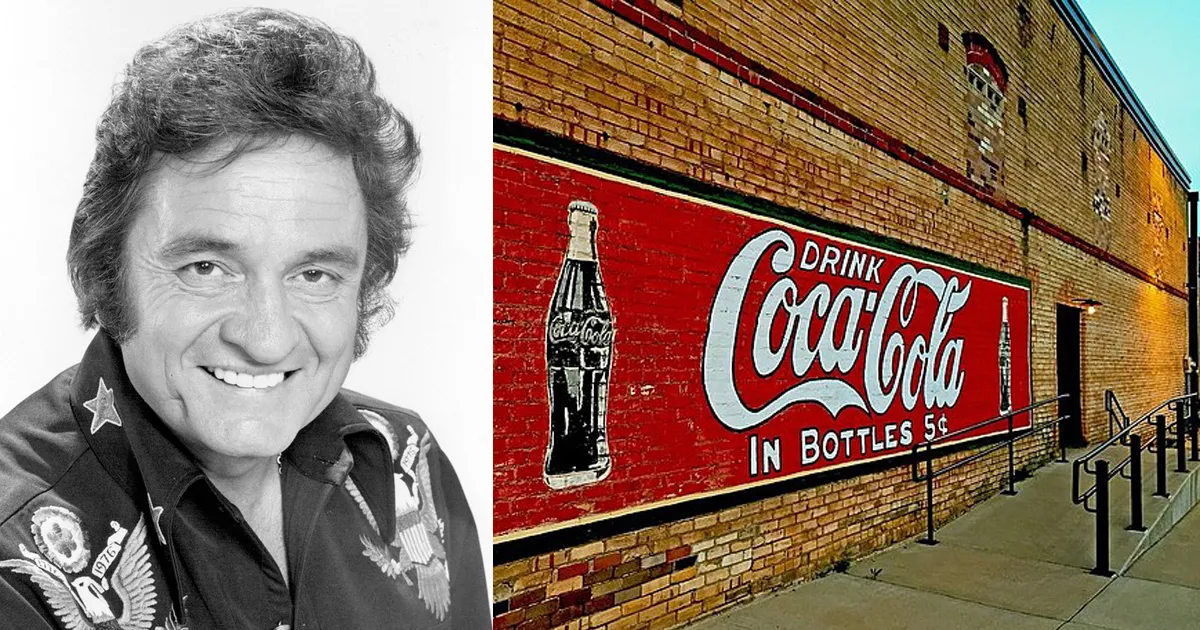Too many musicians miss out on money because they don’t understand how music royalties actually work. Music and tech exec Drew Thurlow offers a guide to music copyrights and royalties that breaks down four key income streams.
A Simple Guide to Music Copyrights and Royalties
by Drew Thurlow on LinkedIn
From the post:
More than 90% of people in music don’t understand how copyrights & royalties work. Here are all the royalties a song earns, in order of when they began. If you can learn this, you have a real advantage:
Publishing Mechanicals: Began in 1909. It’s called that because music was played/ reproduced mechanically like player pianos + sheet music. It’s a publishing royalty on the *reproduction* of a song. In the US, it is collected by the The Mechanical Licensing Collective; outside the US by each country’s Collective Mgmt Organization (CMO).
Public Performance: Memorialized in 1897 but not enforced until ASCAP was founded in 1914. It’s a publishing royalty on the *performance/ broadcast* of a song: in bars, retail, a sports arena, or on DSPs. Collected in the US & intl by PROs/ CMOs.
Recording Master Royalty: Evolved from the early 1900s. Called “master” because the first recording devices had two reels: a “master” reel that collected the recorded audio, and a “slave” reel that feed the blank tape. This is what record labels buy up & collect.
Digital Performance: Also called “neighboring rights,” because they are ‘neighbors’ to public performance royalties. Record labels made dumb deals with radio in the 1940s to forgo any master royalty, in exchange for influencing what was played. When digital radio was invented, they didn’t make that same mistake. Most of this is PandoraSiriusXM & webcasts. Collected by SoundExchange (essentially) worldwide.






